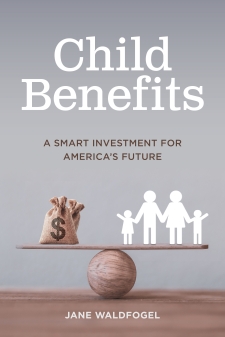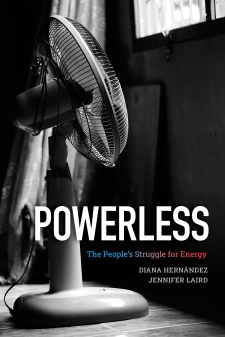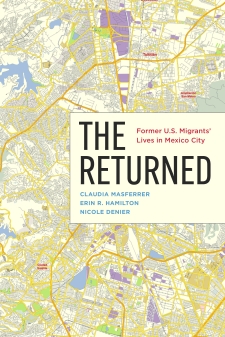Minimum Wages, Worker Reallocation and Firm Response: Evidence Using Matched Employer-Employee Data from the U.S.
Minimum wage policies have figured prominently in recent policy debates at the federal, state and local levels. Even though nearly three decades have passed since the advent of “new minimum wage research,” the effect of minimum wage increases on the labor market remains a controversial topic. Some studies find that moderate minimum wage increases have relatively low impacts on overall job opportunities for affected workers. However, how high the minimum wage can be increased without inducing significant employment loss remains an open question because there is relatively little evidence about the ways in which firms adjust to or absorb minimum wage increases.
Arindrajit Dube will use matched employer-employee data from the Longitudinal Employer Household Dynamics Dataset (LEHD) to investigate the impact of recent minimum wage increases on exposed firms’ decisions about the organization of work, the flow of affected workers to different types of firms, and their resulting employment and earnings trajectories.





